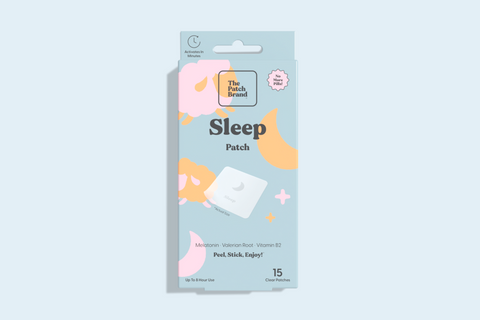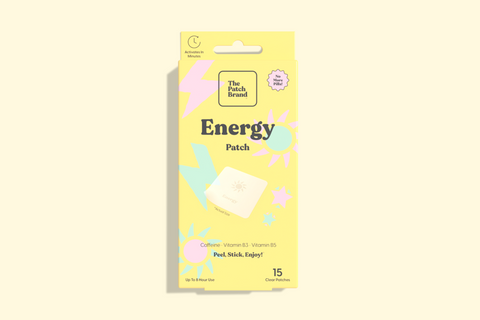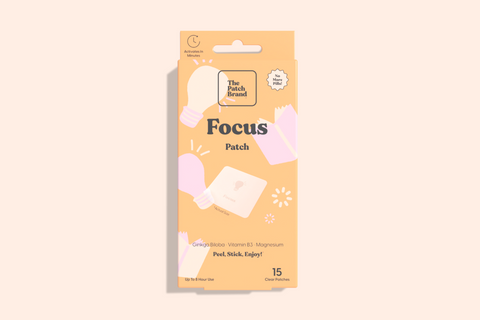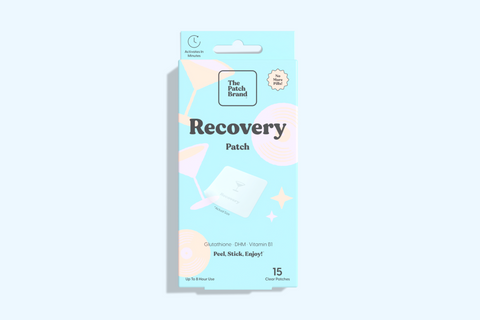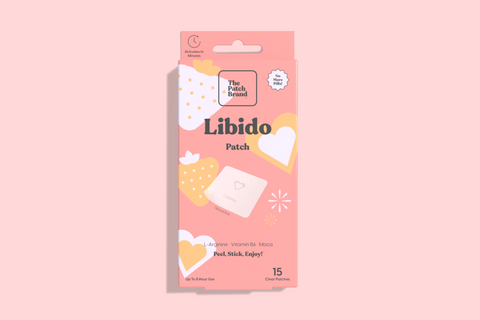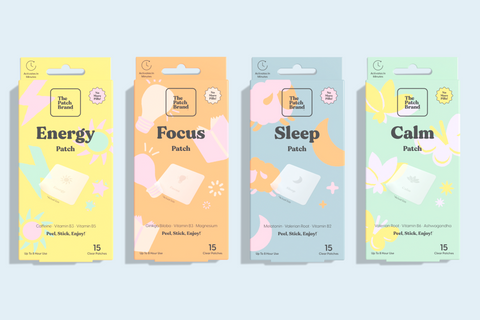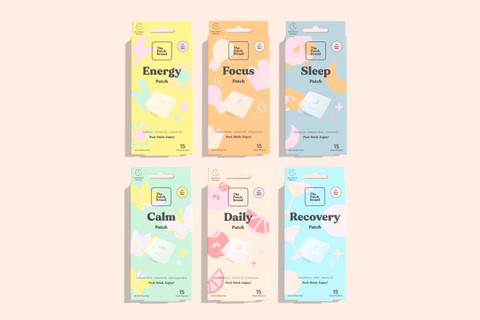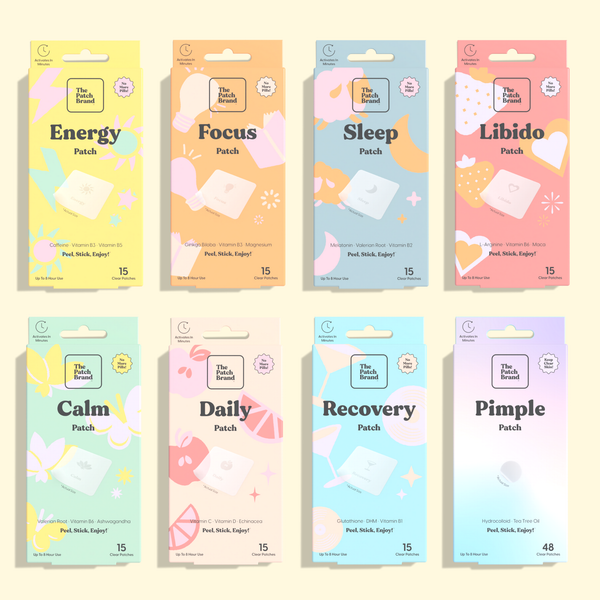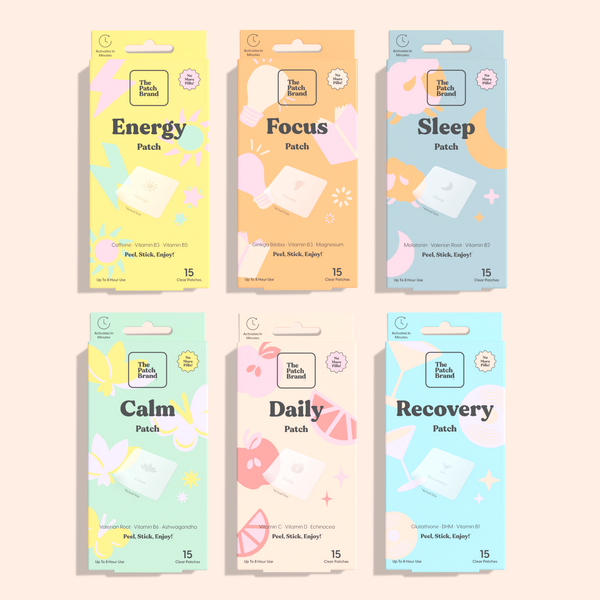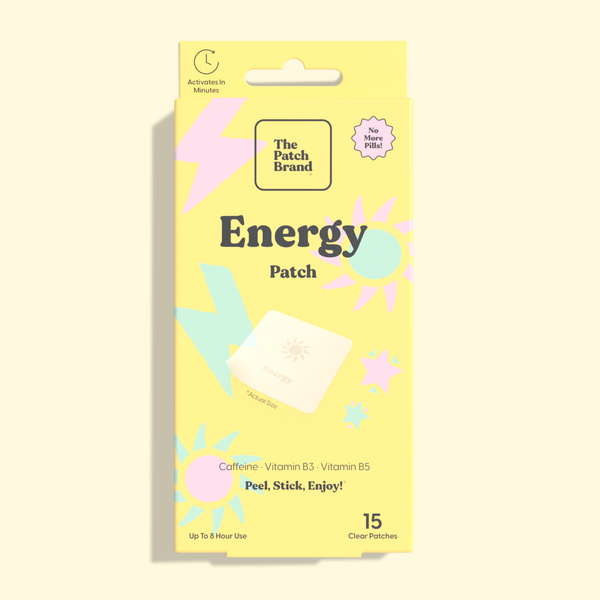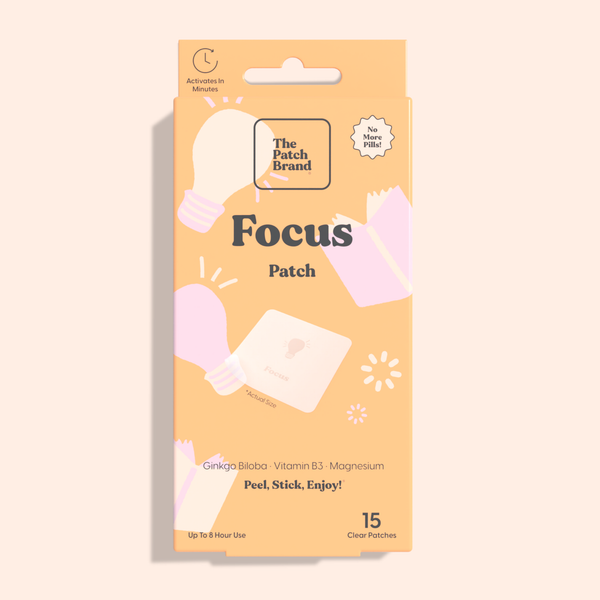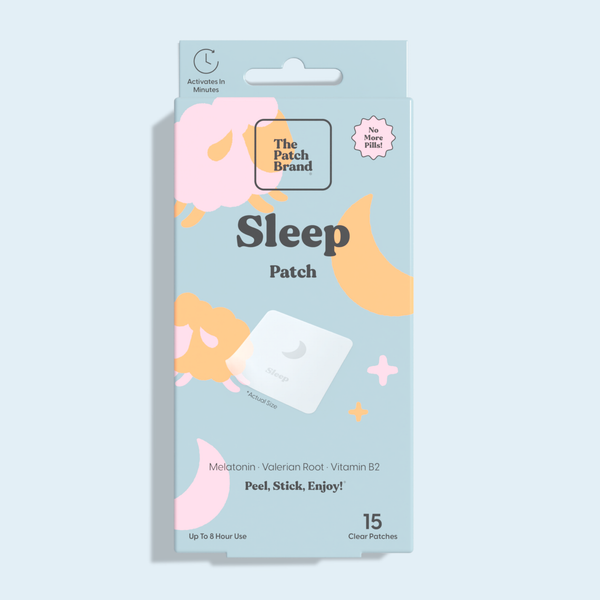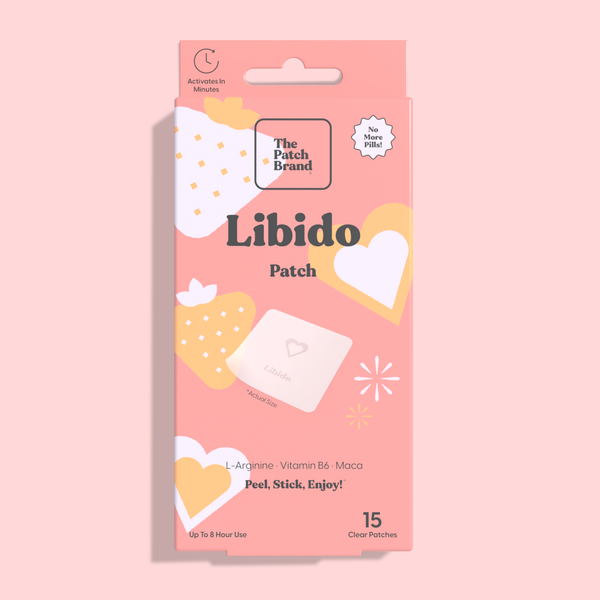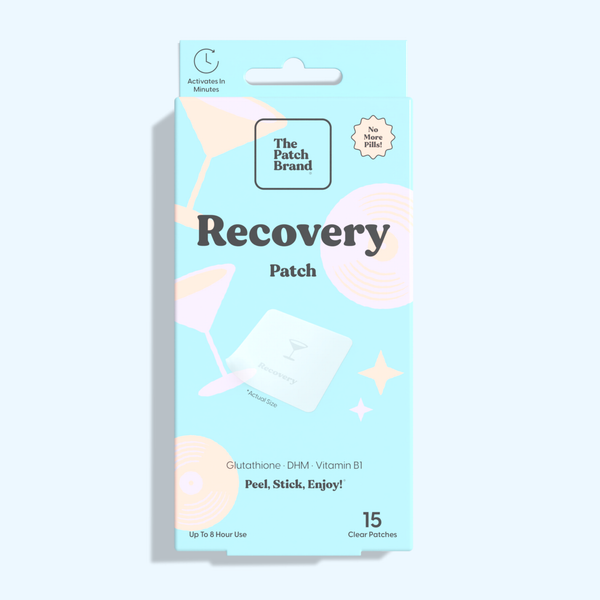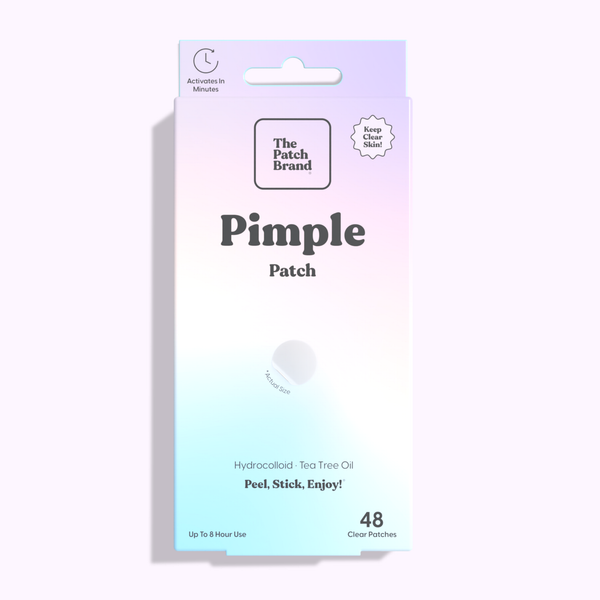In our current setting, energy dips and burnouts have become all too common. The constant balancing act between personal life, work commitments, and maintaining a semblance of a healthy lifestyle often leaves us drained. Our bodies yearn for a boost, a simple solution to help tackle these challenges, giving rise to the question: what can help us regain our energy? A possible solution might be closer than we think. The answer could be in vitamins, nature’s tiny energy boosters.

Our Secret Weapon for Energy: Vitamins
How Vitamins Boost Energy
Each vitamin plays a specific role in our bodies, and several are integral in energy production. Essentially, vitamins help break down nutrients from our food, enabling the body to use this as a source of energy.
Understanding the synergy between different vitamins and minerals can enhance their efficacy in energy metabolism. For instance, magnesium and vitamin D are important for the proper functioning of enzymes that are part of the energy production process in cells. Magnesium acts as a cofactor for ATP, the energy currency of the cell, synthesizing enzymes. Meanwhile, vitamin D enhances the intestinal absorption of calcium and phosphate, which are crucial for energy production and muscular function. This interplay underscores the importance of a balanced diet rich in various nutrients to support the complex processes of energy metabolism. Regular intake of a variety of fruits, vegetables, whole grains, and proteins ensures a sufficient supply of these essential vitamins, thereby supporting overall health and vitality.
Unearthing the Power of Specific Vitamins
Certain nutrients are indispensable, not only for their general benefits but also for the specific boost they give to our energy levels. Here's a look at some key vitamins and a mineral that play pivotal roles in energizing our bodies:
-
The B-Vitamins - Known as the energy vitamins, B-Vitamins are crucial for energy production within the body. They are specifically vital for converting carbohydrates, fats, and proteins into glucose, the fuel our cells use. This group includes vitamins B1 (thiamine), B2 (riboflavin), B3 (niacin), B5 (pantothenic acid), B6, B7 (biotin), B9 (folate), and B12. Each of these vitamins has a unique role in energy metabolism and nerve function. As water-soluble vitamins, they are not stored in the body, necessitating daily intake through diet or supplements to maintain optimal energy levels.
-
Vitamin D - While often highlighted for its role in strengthening bones and immune health, Vitamin D is a key player in maintaining energy levels as well. As mentioned previously, produced by the skin in response to sunlight, it also helps regulate the absorption of calcium and phosphorus. Low levels of Vitamin D can lead to fatigue and decreased energy. Ensuring adequate Vitamin D levels, especially in regions with limited sunlight exposure, can prevent these issues and promote a more energized state of being.
-
Iron - Although not a vitamin, iron is a critical mineral for energy production. It is essential for the creation of hemoglobin, a component of red blood cells that carries oxygen from the lungs to all parts of the body. Adequate iron levels ensure that various tissues and organs receive enough oxygen to perform metabolic processes that produce energy. Iron deficiency can lead to anemia, characterized by fatigue and decreased physical capacity, underlining the importance of maintaining proper iron levels for sustained energy.
These vitamins and minerals are fundamental to our body's energy production mechanisms. Ensuring we receive adequate amounts of these nutrients can help us maintain not only our physical energy but also our overall well-being.
The Energy Patch Revolution
Understanding Energy Patches
An energy patch or
energy vitamin patches are a novel way to get your vitamins. These patches, applied to the skin, gradually release vitamins into the bloodstream. The goal is to provide a steady supply of vitamins, potentially maximizing their energy-boosting effects.
The Use and Benefits
These patches are easy to use and can be worn throughout the day. If you're keen to
buy energy patches, you should understand their benefits. With energy patches, you sidestep the digestive system, ensuring no nutrients are lost during digestion. Plus, because the vitamins are released gradually, your body receives a constant supply, potentially leading to more consistent energy levels.
Embarking on the Vitamin Journey
Choosing Your Vitamin
Choosing the right vitamin for your body requires careful consideration of your specific needs. While there are numerous options available, certain vitamins are particularly known as the
best vitamins for energy. Beyond individual needs, the quality and type of vitamin supplements are paramount. It’s advisable to opt for brands that have undergone third-party testing and are certified by reputable organizations like the U.S. Pharmacopeia (USP), NSF International, or ConsumerLab. These certifications help ensure that the products contain the ingredients listed on the label without harmful levels of contaminants. Moreover, the form of the vitamin matters; some are better absorbed in certain forms, such as fat-soluble vitamins (A, D, E, and K), which are best taken with meals to enhance absorption. Additionally, some individuals may prefer capsules or chewable vitamins over pills, or they might opt for liquid forms if they have difficulties swallowing.
Getting the Dosage Right
Determining the correct dosage of vitamins, whether through traditional supplements or innovative methods like energy vitamin patches, involves several complex considerations and should ideally be guided by a healthcare professional. Factors such as age significantly influence nutritional needs; for instance, children and the elderly have different requirements compared to the general adult population. Existing medical conditions also play a crucial role. For example, someone with a condition that impairs nutrient absorption, such as celiac disease, may require a higher dose of certain vitamins. Interactions between various supplements and medications are an important consideration. Some vitamins can potentially diminish the effectiveness of prescription medications or even lead to adverse effects when taken in conjunction with other nutrients.

Monitoring Your Progress
Monitoring the effectiveness of your new vitamin regimen is an essential practice to ensure you are deriving maximum benefit from it. Tracking various aspects of your health can help you discern whether the vitamins are positively impacting your well-being or if adjustments are needed. Here are detailed steps to help you methodically assess the efficacy of your regimen:
-
Track Energy Levels: Carefully monitor any fluctuations in your energy levels throughout the day. Increased vitality and reduced fatigue can be good indicators that your body is responding well to the vitamins. Take note of times when you feel unusually tired or particularly energetic, and consider the possible correlation with your vitamin intake. This can help you pinpoint which nutrients are most effective for boosting your energy.
-
Assess Overall Well-being: Evaluate general changes in your mood and physical health since starting the vitamin regimen. Improved well-being can manifest as better mood stability, enhanced stress management, and a more positive outlook on life. Physical signs of good health may include clearer skin, healthier hair, and stronger nails, which can all stem from nutrient-rich supplements. Monitoring these changes can provide insights into the holistic benefits of your dietary additions.
-
Record Specific Symptoms: Pay attention to any specific health complaints you had before starting the vitamins, such as digestive issues, chronic pain, or skin problems. Documenting the frequency and intensity of these symptoms after beginning your regimen can provide clear evidence of its effectiveness. This step is crucial for understanding which vitamins are beneficial for particular conditions and whether they are worth continuing.
-
Maintain a Journal: Keeping a detailed journal of your daily intake of vitamins along with any side effects or notable health changes is invaluable. This record not only helps in tracking your immediate responses to the regimen but also aids in long-term health planning. It can be especially useful during consultations with healthcare providers, giving them a comprehensive view of your nutritional habits and health changes.
Through these steps, you can ensure that your vitamin regimen is tailored to your individual health needs and make informed decisions about continuing, stopping, or adjusting the vitamins based on real, observed outcomes. This approach empowers you to take control of your health in a proactive and informed manner.
Personalizing Your Vitamin Intake
The Impact of Lifestyle and Diet
The intricate relationship between your lifestyle and diet significantly influences the type and amount of vitamins your body needs. For individuals who frequently engage in outdoor activities and are thus regularly exposed to sunlight, the body's requirement for Vitamin D supplements might be lower. Sunlight serves as a natural catalyst for Vitamin D synthesis in the skin, which is vital for bone health and immune function. On the other hand, people with minimal sun exposure, possibly due to geographical location or lifestyle choices that keep them indoors, often face a greater need for Vitamin D. In these cases, it becomes essential to include Vitamin D supplements or consume foods fortified with this vitamin. Other lifestyle factors, such as dietary habits, can affect nutrient absorption. For example, excessive alcohol consumption can impede its metabolism. Understanding the synergy between your lifestyle, sun exposure, and diet is crucial for maintaining optimal vitamin levels and supporting overall health.
Individual Body Needs Matter
The concept that each person's body has different nutritional requirements is fundamental in understanding vitamin supplementation. Unlike generic health advice that might apply broadly, the need for specific vitamins is deeply personal and varies according to a multitude of factors including age, gender, physical activity level, and existing health conditions. For instance, elderly individuals may require more Vitamin B12 due to decreased absorption with age, while women of childbearing age might need higher amounts of folic acid to prevent birth defects. Consulting with healthcare professionals such as a doctor or dietitian is crucial in identifying these unique needs. A tailored approach ensures that you receive the optimal types and quantities of vitamins necessary for your specific health scenario. This personalized strategy not only helps in preventing nutritional deficiencies but also supports overall well-being, illustrating that when it comes to vitamins, the individual’s body's needs truly matter.

Vitamins and Overall Health
These powerhouses aren't just about boosting energy. They're key players in maintaining and enhancing our overall health, contributing to improved immunity, healthy skin, and more. While this post focuses on the
role of vitamins in boosting energy levels, they also contribute to our overall health. Vitamins support our immune system, maintain our skin and hair, and keep our bones healthy. As emphasized before, it's important to understand that increased energy levels correlate with overall wellness. As your energy improves, you're likely to see improvements in other areas of your health too.
Adjusting Your Vitamin Strategy Based on Outcomes
Your vitamin strategy should not be set in stone. As you embark on your vitamin journey, it's important to regularly assess your energy levels and overall health, adjusting your approach as required. While you monitor your progress, you may need to adjust your vitamin intake. This might mean increasing your dosage, adding new vitamins, or even switching to the best energy patches available. Remember that your vitamin strategy isn't static; it will evolve based on your body's changing needs. Regularly assess your energy levels and health, and adjust your approach as needed.
As we navigate the stress and fatigue that modern life throws our way, vitamins emerge as a potent ally. Whether you opt for traditional supplements or the novel patch for energy, the vital step is taking control of your energy levels and overall health. Remember, understanding your body's needs is key to choosing the right vitami



